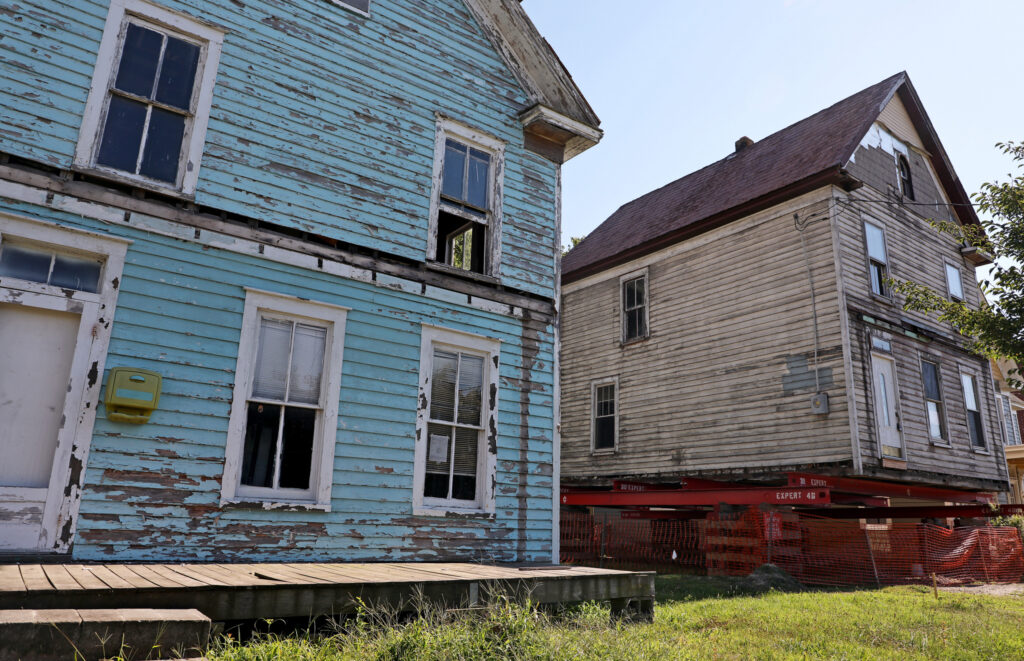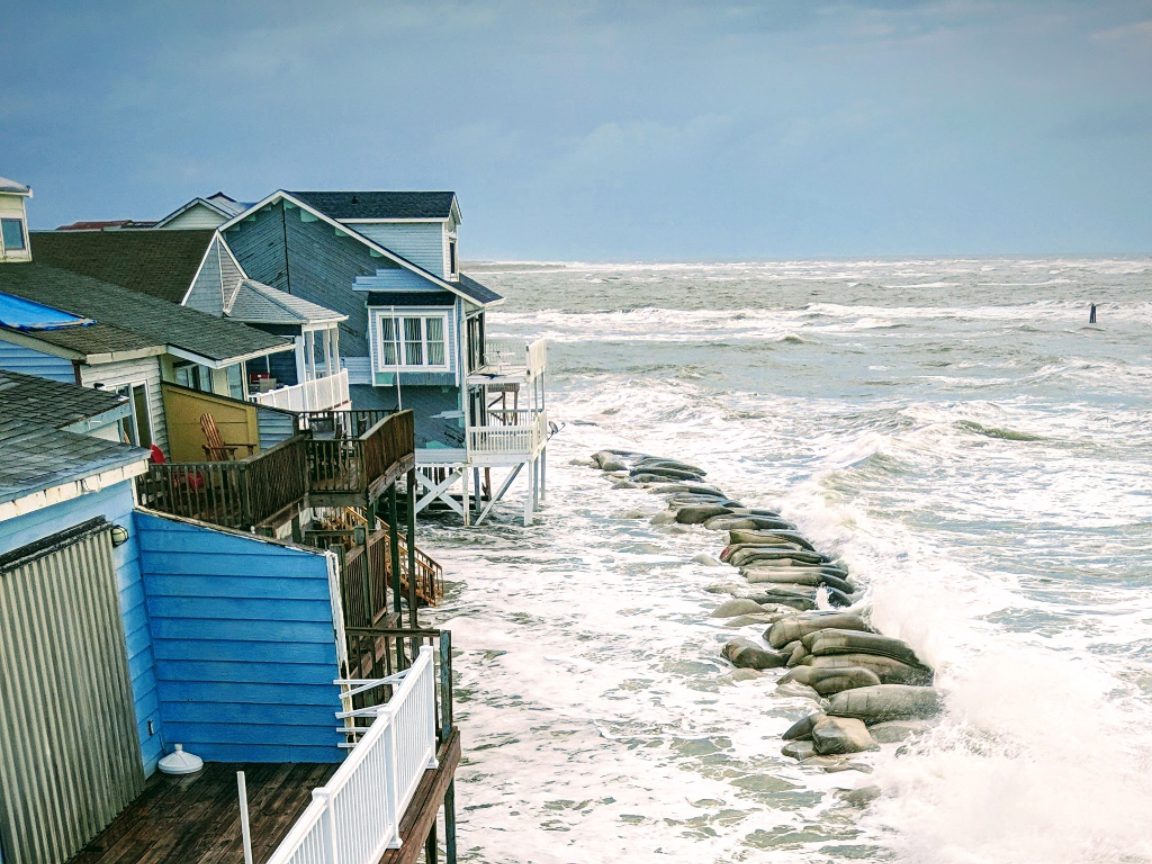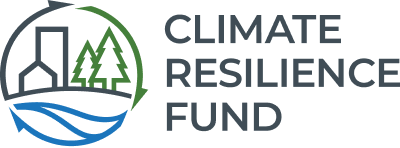Prior Initiatives
The Resilience Accelerator (2022)

The Resilience Accelerator was a capacity building program designed to support and assist “Community Champions,” the local and regional decision-makers, leaders, and practitioners in at-risk small to mid-sized communities who wanted to take proactive action to address the challenges brought by a changing climate.
With support from the Walton Family Foundation and Wells Fargo, the initiative launched in 2022 by inviting applications and providing grants to connect an issue expert, or “knowledge partner,” with a community, based on that community’s unique needs. Those needs ranged from assistance in developing a climate resilience planning process that would ensure diverse and equitable community engagement to incorporating nature-based solutions and identifying sources of public and private financing for implementing adaptation actions. With appreciation of the organizations and partners that have shared their expertise: CDP and Headwaters Economics.
Coordination and Collaboration in the Resilience Ecosystem (2017-2022)

Between 2017 and 2022, CRF administered the CCRE program. The program provided 49 grants totaling nearly $1.9 million for the benefit of the “Resilience Ecosystem,” the expanding community of climate resilience professionals in the United States. These grants helped create a wide array of tools and resources, from databases of effective strategies and qualified experts, to guidance for integrating inclusive approaches and nature based solutions into resilience plans, addressing needs identified by the practitioners themselves. The program was made possible through a unique partnership between CRF and the Climate Program Office at NOAA, with support from the Doris Duke Charitable Foundation.
Capacity Building Grants (2017)

In the fall of 2017, CRF issued a set of grants to help communities along the east coast of the United States prepare and adapt to sea level rise. These two-year grants covered efforts including technical guidance and trainings for local leaders on the application of climate science, as well as assistance in the development and use of decision-support tools.
